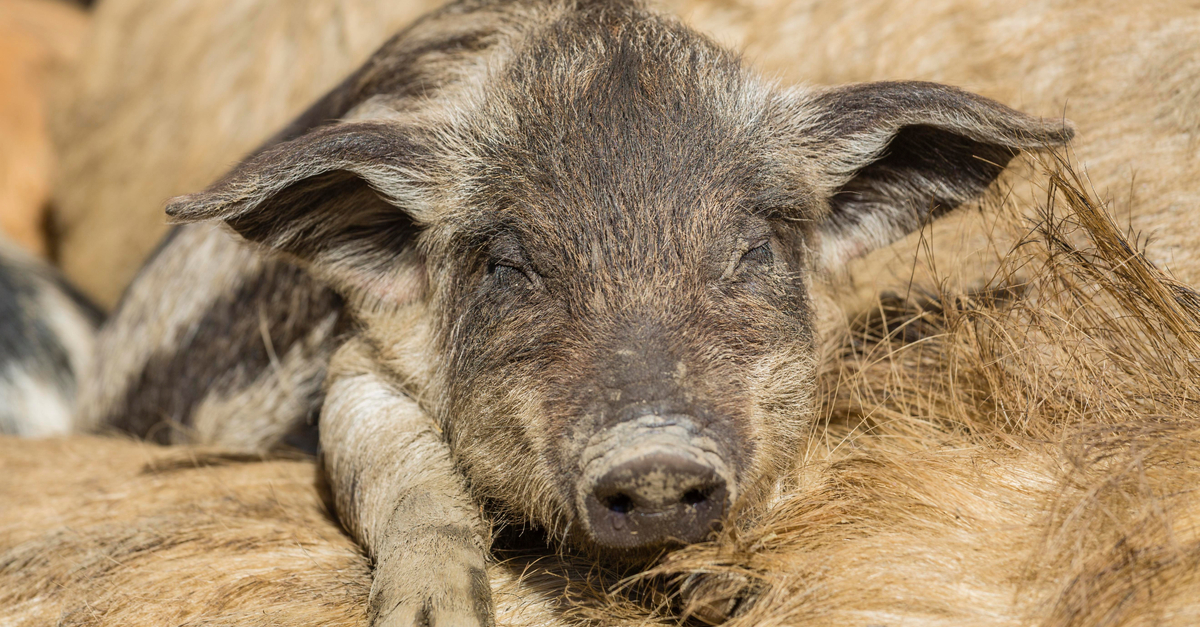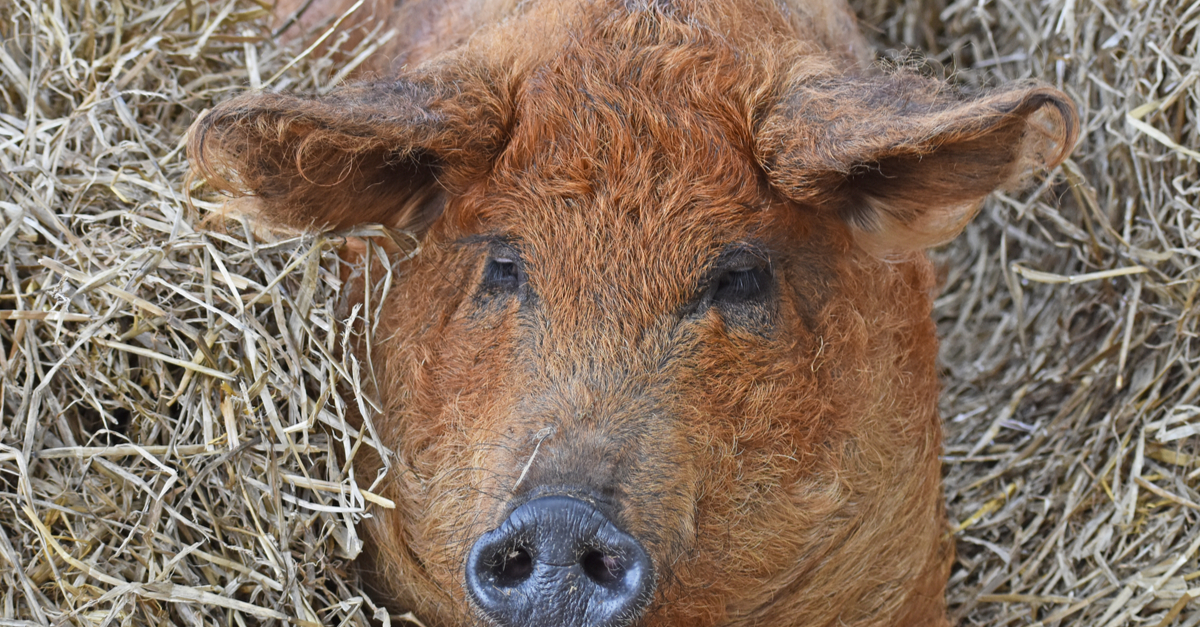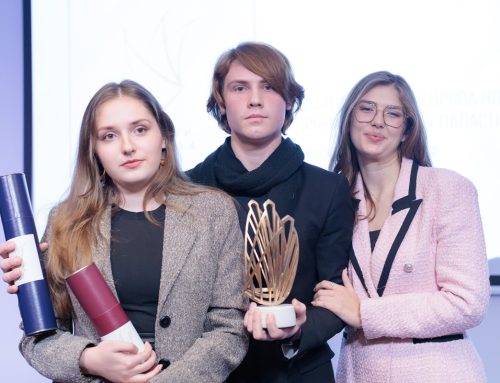Whether you buy food in the fresh market, at your local grocery store or you grow it by yourself, and regardless of your eating habits, vegetarian, fish only, or lactose intolerant, the same rule should apply to all: the quality of food you eat directly affects your health. That is why healthy food production is becoming more and more relevant.
Air, water and soil pollution, as well as climate change caused by pollution, in turn causing droughts, floods, and other disasters, have raised concern among scientists about the availability and quality of food in the near future.
This is why so much attention is paid to different ideas that will help the humanity avoid all sorts of disastrous, apocalyptic scenarios that can be seen in dystopian movies.
One such policy is From Farm to Fork, a strategy that enables transition to a sustainable food system, one that guarantees security of food supply and access to healthy foodstuffs grown on a healthy planet. The From Farm to Fork principle originated in the EU, but it is being applied by all producers who consider the health of food a priority.

The From Farm to Fork model is also followed by the national animal husbandry institute in Belgrade, established more than 70 years ago. Scientists at this institute are engaged in biotechnical research, above all in the area of animal husbandry (cattle breeding, pig, sheep, goat and poultry farming), animal feed and finished goods made from these animals, with the goal to improve the quality of food for domestic animals and secure high-quality and safe products for human consumption.
Among other projects, the institute has been engaged in research into health of both animals and animal products as part of a project aimed at production of high-quality pork, more specifically kulen and Srem sausage. As many as 25 partners from nine countries took part in the project, with the Agricultural Institute of Slovenia as coordinator. Project TREASURE, launched within European Union’s Horizon 2020 programme, ran for four years, with the EU investing 3.4 million euros in production of pork meat products.
During the research, Mangalica and Moravka—both national breeds of pigs—found themselves shoulder to shoulder with pigs from Gascony, Iberian Peninsula, Lithuania and other regions.
The objective of the project was to improve skills and competences needed to develop existing and create new, sustainable chains of pork production, based on local, European breeds, and in line with the highest consumer requirements with regard to the quality and nutritional value of pork meat products, but also in terms of social requirements, including animal wellbeing, ecological and rural development.

Director of the Institute Čedomir Radović talked about the importance of this project.
“The invitation to join this project meant a great feal for pig farming science as it gave us an opportunity to bring the scientific, professional and wider global public closer to our heritage, in other words, a fraction of animal genetic resources found in Serbia,” said Radović.
The director added that a monograph was produced as part of the project, detailing each and every autochthonic pig breed in all countries that participated in TREASURE.
“This is truly a remarkable thing as the monograph covers all scientific research into these breeds. Apart from that, we have for the first time laid out a genetic characterisation of our national breeds and compared them to European breeds. Our scientists were part of the team comprised of top experts in the area of biogenetic science and researchers engaged in pig genetics, husbandry and nutrition, and animal products technologists, and, finally, the team that dealt with market and consumer research. The biggest portion of research was published in some of the largest magazines, bringing the scientific community of the world closer to what Serbia has to offer, including Mangalica and Moravka.“
Horizon 2020
Horizon 2020 is EU’s biggest research and innovation programme ever, with a budget of nearly 80 billion euros for the period of seven years (2014-2020), on top of private investment that this money will attract. The programme promises more breakthroughs, discoveries and world championships, by transforming ideas to market products. The programme is focused on tackling social challenges: health, clean energy, transport, etc. Companies, universities and institutes in the EU and another 15 associated countries, including Serbia, are encouraged to apply.
More info about the programme can be found here.
From Farm to Fork
From Farm to Fork policy will allow transition to a sustainable food system, one that guarantees security of food supply and access to healthy foodstuffs grown on a healthy planet. The strategy will reduce ecological and climate footprint of the EU’s food supply system and improve its resilience, while also protecting citizens’ health and making sure that food producing companies remain afloat. The policy covers specific goals for the transformation of EU’s food supply system, including reducing the need for and risk of pesticides by 50%; reducing use of fertilisers by at least 20%; reducing sales of antimicrobe chemicals for farmed animals and aquatic cultures by 50%; and measures to increase the share of organic production to 25% of the total arable land. The policy also envisages ambitious measures ensuring that a healthy choice is at the same time the easiest choice for EU citizens, including improved labelling to better inform consumers about healthy and sustainable food.
Watch story about the Veterinary Institute in Kraljevo




